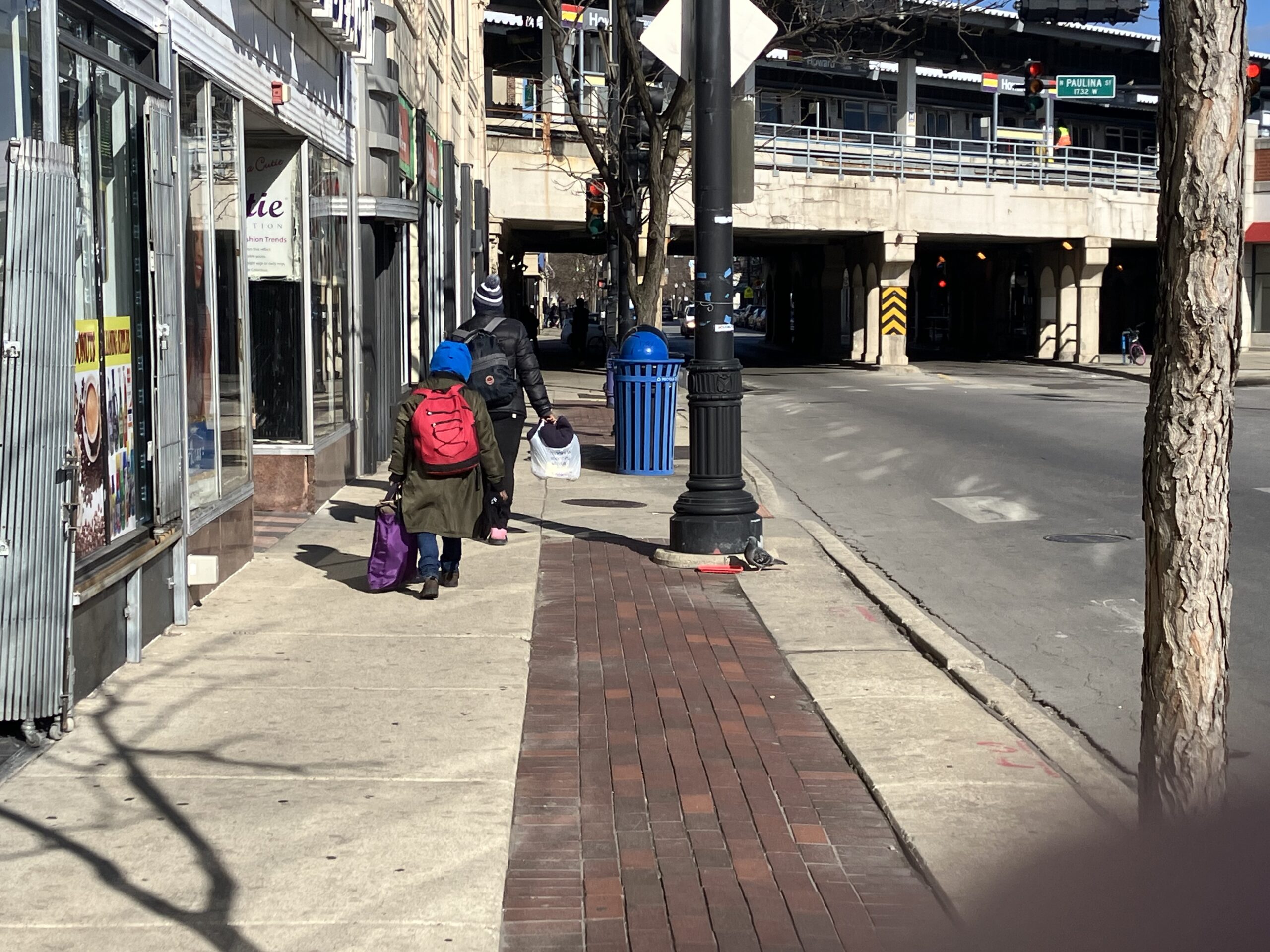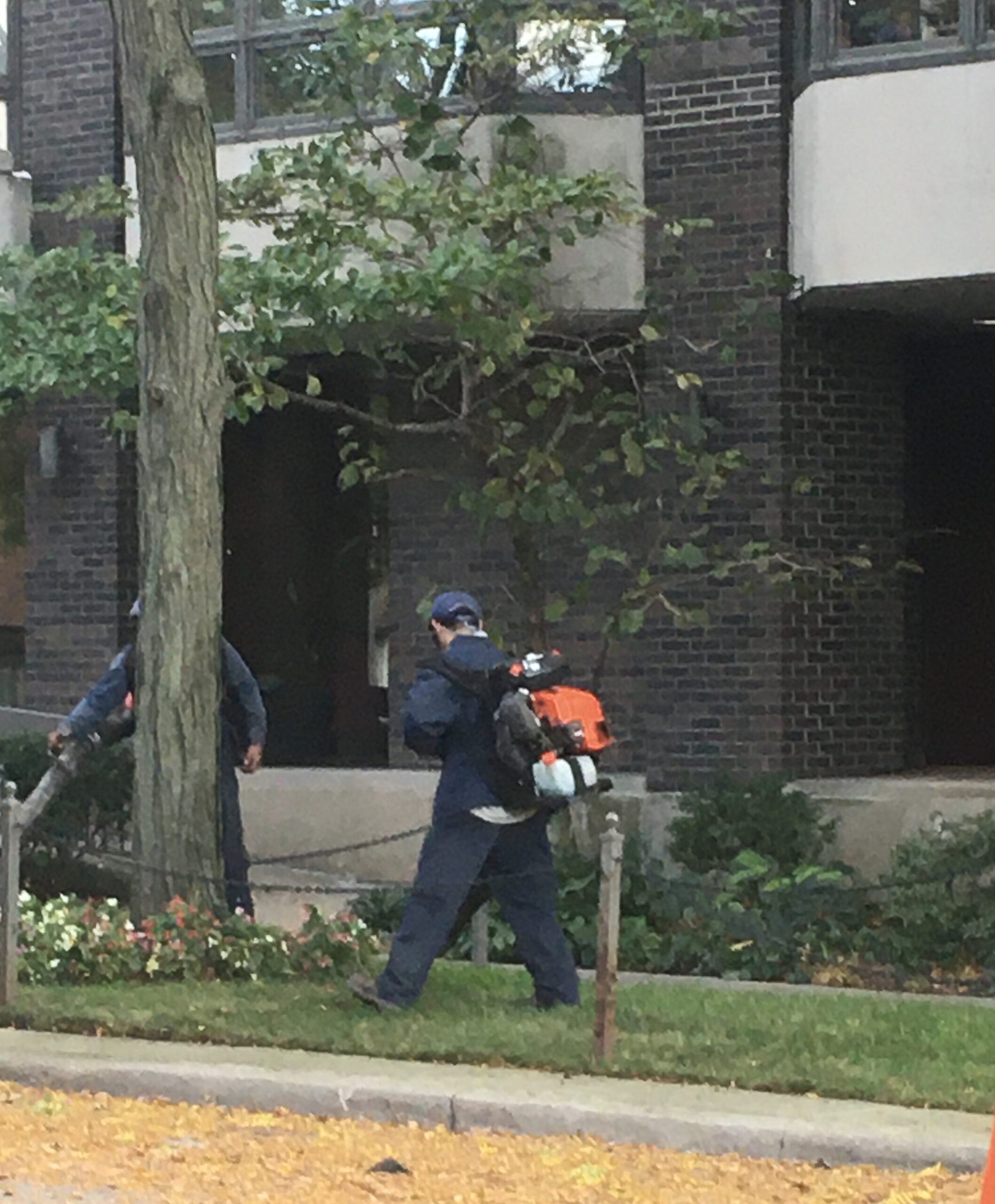By Bob Seidenberg
Advised to quit “policing parts of the body,” members of the city’s Human Services Committee moved forward Nov. 7 on changes to the city’s Public Nudity ordinance, removing references to female breasts and making the ordinance gender-neutral.
Backed by a strongly worded opinion from the city’s Equity and Empowerment Commission (EEC), the changes include removing language prohibiting the showing of a female breast in public (breastfeeding excluded) “with less than a full opaque covering of any portion of the nipple.”
Going forward, the ordinance would retain language that makes it unlawful for any person to appear nude or to make any indecent exposure but would remove “his/her.”
Nudity shall be defined as: “The showing of the human genitals, pubic areas or buttocks.”
Indecent exposure would be defined as “an act of sexual penetration or other sexual conduct; or lewd exposure of the body with the intent to arouse or satisfy the individual’s sexual desire.”
Eighth Ward Council member Devon Reid called for changes in the ordinance earlier in the year, maintaining the requirement that female breasts be covered in the fashion required by the existing ordinance violates the Illinois Constitution which bars discrimination on the basis of gender.
At a Parks & Recreation Committee meeting in August, he told commissioners that public nudity as currently defined in the city’s ordinance “regulates women’s bodies in a way that it does not regulate men’s bodies, and it specifically bars females from exposing their chests.”
Reid spoke in support of the revisions at the Human Services Nov. 7 meeting, noting the backing from the EEC.
He said the ordinance as revised makes “minor, almost administrative tweaks, if you will, to our nudity ordinance. It reduces our legal liability.”
Reid cited a similar ordinance in Fort Collins, Colorado, (which had inspired a “ Free the Nipple” lawsuit, according to one report) had ended up costing taxpayers there hundreds of thousands of dollars.
He said the Evanston ordinance as revised now is “in line with our neighbors to the north – Wilmette, Winnetka, Kenilworth, Skokie.”
Further, he said the changes bring the city in alignment with those towns, “in a gender-neutral fashion, which helps us affirm the existence of our trans community and creates equity between the genders.”
Revelle: People’s discomfort needs to be taken into account
In discussion, though, Seventh Ward Council member Eleanor Revelle, pointed out the amendment’s narrow focus on indecent exposure.
“In places where going topless is broadly acceptable, the French Riviera, for example, those who go topless are not doing so with the intent to allow them to express their sexual desire,” she said. “So basing our definition of indecent exposure on the concept of lewd intent ignores other types of behavior that are likely to result in the discomfort of others.”
She noted that the proposed changes would modify the city’s current ordinance “to say yes, to going topless,” she said in the committee discussion.
“But residents have not contacted me, clamoring for topless beaches; in fact, just the opposite. So I do understand that we need to amend the ordinance to remove the reference to the female body. But our ordinance should continue to reflect the views of our community and have a broader definition of indecent exposure.”
To the clause, “indecent exposure shall be defined as an act of sexual penetration or sexual conduct,” she recommended the committee consider adding, “not properly or decently-clothed.”
Council Member Juan Geracaris, 9th Ward, said that while he liked the amendment, “I also agree with the lewd behavior [definition] being way too subjective.”
He said he also would like to get more information how the changes “would impact our Parks and Rec staff at the beaches.”
Also, Geracaris told committee members he’s received “a lot of questions from residents about the issue and I think more outreach [is needed] to inform people about what’s going on.”
Reid said he supported Revelle’s suggested changes and maintained the item didn’t need to be tabled again, an action that would have delayed the proposal going to the council for final consideration.
He acknowledged the ordinance, “particularly with Council Member Revelle’s amendments, “is mirroring our neighbors,” and suggested conversations with community members could take place before the proposal goes before the council for introduction, likely Nov. 21.
“We’ll have two readings at council,” he noted, “so it will be a month before this has passed fully.”
In that time, he said, the city can also get in touch with Kenilworth and other communities about how similar ordinances affect their staff.
Council Member Krissie Harris, 2nd Ward, said that how staff would enforce the changes was an important consideration for her.
In back-to-back votes, committee members unanimously supported Revelle’s recommended change of a broader definition of indecent exposure, and the revised ordinance itself.
EEC: Rise above the media chatter
Going into the meeting, the EEC had issued a strongly worded memo, supporting changes to the current ordinance.
The commission, which examines issues from an equity lens, recommended eliminating the provision that singles out the prohibition of showing of body parts, thus “creating an unequal standard between two genders and creating ambiguity for transgender and non-gender conforming residents.”
It called on the city “to rise above the local and national media chatter on this issue that surrounds a narrative of “topless beaches” and understand the “structural inequities clearly stated in the existing ordinance,” wrote Tasheik Kerr, assistant to the City Manager, in a memo summarizing the group’s views.
“As we understand, these proposed changes came about through the process of reviewing Evanston’s criminal code with the goal of reducing unnecessary interactions with police as well as identifying codes that had racial or gender biases,” the group’s response said. “We stand in firm agreement with all attempts to alter ordinances and policies that are statistically more likely to negatively impact any marginalized population.”
The group advised the council to carefully weigh having a public indecency ordinance versus a public nudity ordinance.
“Some communities simply have a public decency ordinance and no specific nudity ordinance. We should clearly recognize the former as a form of policing bodies, and in its gendered form, it is more likely to police female and genderqueer bodies, while the latter is geared towards preventing public exposure that is sexual in nature,” the group’s memo explained.
“The body itself simply existing is not sexual in nature. Is this Evanston nudity ordinance trying to be in the business of policing body parts or preventing nudity that is sexual in nature? It is wise to consider that the charge for public nudity is today partially that a person found guilty would have to register as a sexual offender. If the goal, as we suggest it should be, is to prevent unwanted exposure of the body with intent to be sexually lewd or to prevent sexual activity in public, then we should consider a public decency ordinance and skip the nudity ordinance altogether,” the group said, referring to Lake Forest’s public indecency wording.
“In summary, the group concluded, “the EEC is recommending that the City council consider a public decency ordinance as sufficient to focus on sexually offensive public acts and move away from policing parts of the human body, especially when the rules are different by gender.”




